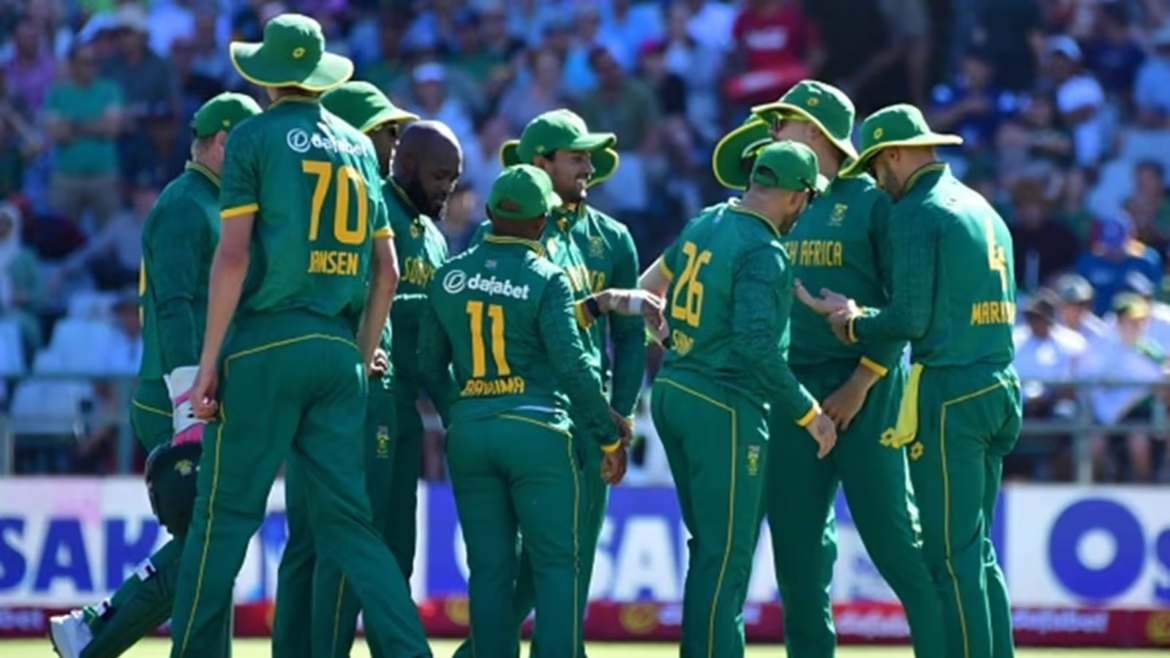Transformation in South African cricket made headlines again recently—this time after the EP Warriors were excluded from the One-Day Cup playoffs. The reason? They failed to meet the required player transformation targets in one of their matches, fielding only two black African players instead of the minimum three.
CSA’s regulations clearly state that each team must include six players of colour, with at least three being black African. In the match in question, only Sinethemba Qeshile and Andile Mokgakane were in the lineup. That simple oversight (or decision, depending on how you see it) cost the team a playoff spot and sparked a wider conversation about how transformation policies are handled in the sport.
More Than Just a Missed Game—There Were Consequences
The Warriors didn’t just miss the knockout stages—they also received what many are calling a “fine.” Cricket South Africa confirmed that, after mediation, the Warriors accepted their fate on the log and agreed to pay R100,000 toward grassroots cricket development in under-resourced areas of the Eastern Cape.
CSA and the Warriors later released a joint statement, emphasizing their continued commitment to making cricket more inclusive and accessible. But the fallout from the situation raised deeper questions about how transformation is being implemented and understood at the team level.
Bavuma Speaks Out: “It Could’ve Been Handled Better”
Proteas captain Temba Bavuma also weighed in on the situation, offering a more nuanced view. Speaking in a recent interview, he acknowledged that while transformation remains a necessary part of South African cricket, the way this particular case played out might not have been ideal.
“This isn’t the kind of thing we should still be figuring out in 2025,” he said. “Yes, it’s a sensitive topic, but there are ways to approach it with care and intention. When it’s not done with the right mindset, that’s when it creates division.”
Bavuma highlighted how the enforcement of such rules can affect the dynamics inside a dressing room, especially between black and white players. He believes it’s the responsibility of leadership to manage these moments in a way that builds trust—not tension.
“As players, especially black players, you learn early on that there are things you’ll have to navigate, whether they seem fair or not,” Bavuma added. “But there’s always a better way to communicate a message without damaging morale.”
The Bigger Picture
The Warriors situation was a reminder that while transformation is essential, how it’s implemented matters just as much. It’s not only about hitting numbers—it’s about making sure the message behind those numbers is understood, respected, and ultimately helps the game grow.
